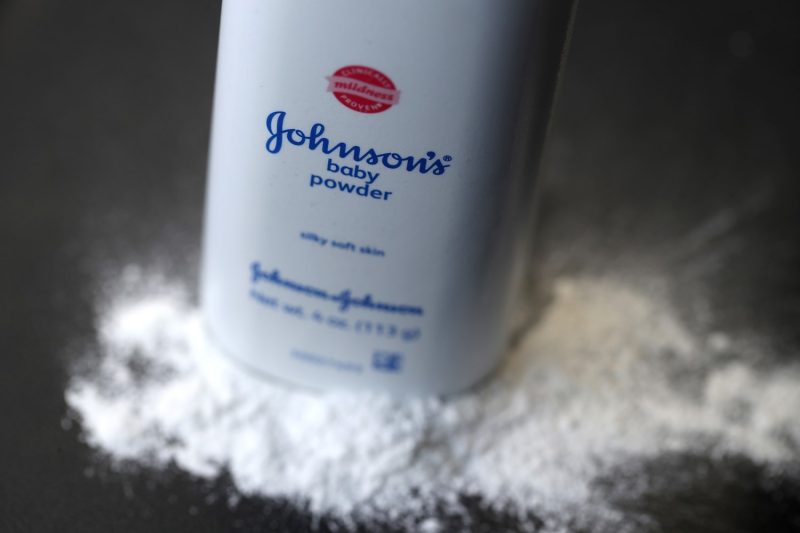Johnson & Johnson to Pay $6.5 Billion to Resolve Talc Ovarian Cancer Lawsuits in U.S.
The recent news of Johnson & Johnson settling the majority of talc ovarian cancer lawsuits in the United States for a whopping $6.5 billion has sent shockwaves through both the legal and healthcare industries. The decision to reach such a substantial settlement signifies a significant step in resolving the long-standing dispute surrounding the potential link between talcum powder and ovarian cancer.
For years, Johnson & Johnson has faced mounting legal challenges as thousands of plaintiffs alleged that the company’s talcum powder products, including its iconic Baby Powder, contained asbestos and contributed to the development of ovarian cancer in consumers. Despite consistently denying these claims and maintaining that its products are safe for use, the pharmaceutical giant has been unable to escape the avalanche of lawsuits and negative publicity surrounding the issue.
The $6.5 billion settlement encompasses nearly all of the talc ovarian cancer lawsuits against Johnson & Johnson in the U.S., marking a substantial financial commitment to address the widespread allegations. This settlement amount represents not only a significant financial burden for the company but also highlights the severity of the accusations and the potential implications for consumer safety.
While the settlement brings a sense of closure to many plaintiffs and their families who have been affected by ovarian cancer allegedly linked to Johnson & Johnson’s talcum powder products, it also raises broader questions about corporate accountability, product safety, and the regulation of consumer goods. The resolution of these lawsuits underscores the importance of thorough testing, transparency, and ethical decision-making in the development and marketing of consumer products, particularly those that come into direct contact with the human body.
Furthermore, the massive settlement serves as a stark warning to other companies in the pharmaceutical and cosmetics industries about the potential risks and liabilities associated with their products. It sends a clear message that ignoring consumer concerns, downplaying safety issues, and prioritizing profit over people’s health can have severe consequences, both in terms of legal ramifications and reputational damage.
In light of the Johnson & Johnson talc ovarian cancer lawsuits and the subsequent multi-billion dollar settlement, it is essential for companies to prioritize consumer safety, invest in rigorous testing and quality control measures, and act with transparency and integrity in all their operations. The case serves as a cautionary tale about the far-reaching impact of negligence and misconduct in the corporate world and underscores the need for accountability, responsibility, and a commitment to upholding the highest standards of safety and ethics.


























